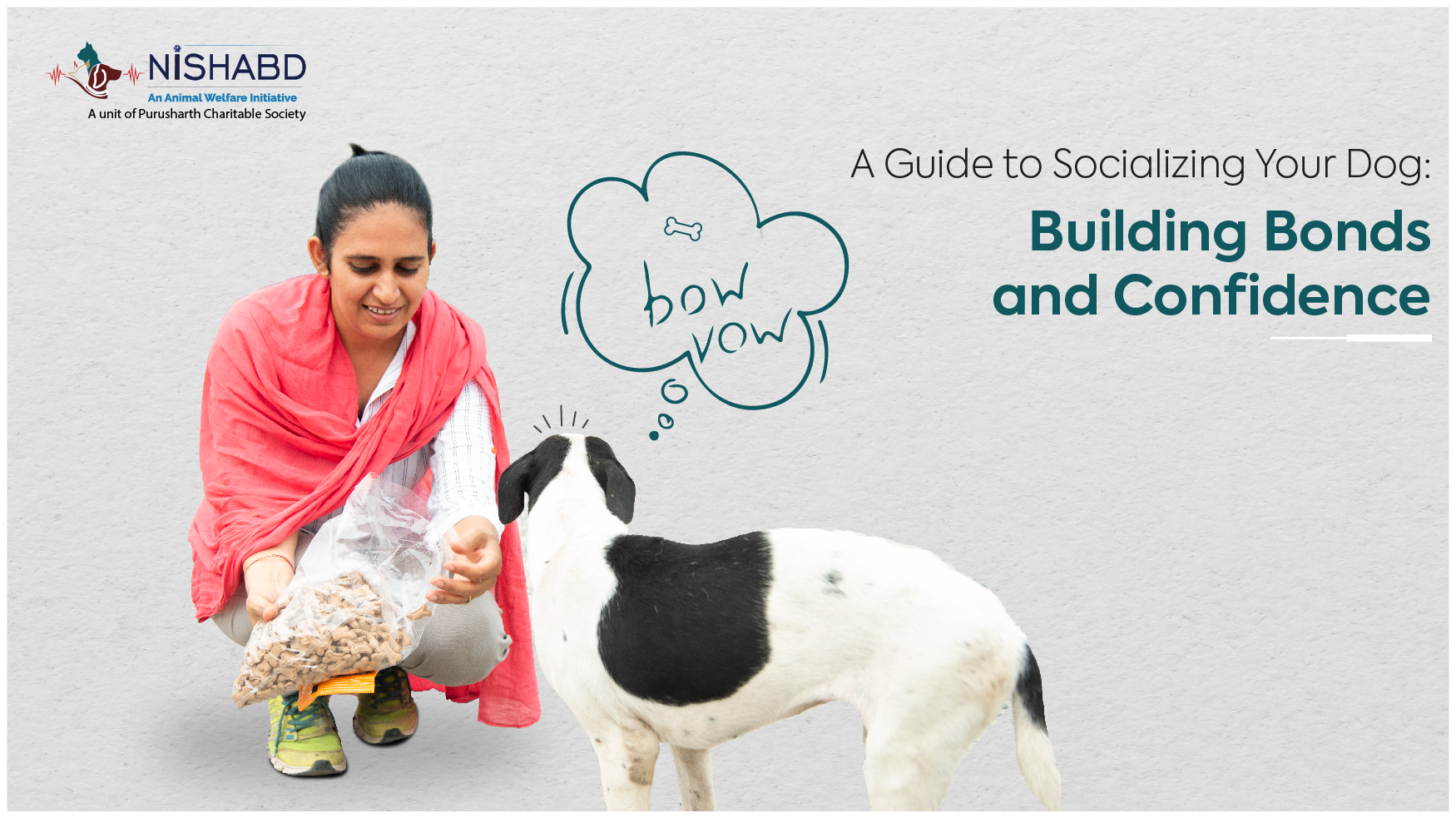A Guide to Socializing Your Dog: Building Bonds and Confidence
Socialization is a vital aspect of a dog’s life, laying the foundation for their behavior and interactions with the world around them. Whether you have a young puppy or an adult dog, the process of socialization is essential for promoting positive experiences and preventing behavioral issues. Let’s delve into the significance of socializing your dog, offer practical tips for socializing adult dogs, and explore how this process can lead to a happy, well-adjusted canine companion.
Why Socialize Your Dog?
Socialization involves exposing your dog to people, animals, environments, and experiences to build their confidence and adaptability. It is particularly crucial during the early stages of a dog’s life, but there is always time to start socializing your dog.
Proper socialization can:
- Reduce Anxiety and Fear: Socialization helps dogs become more comfortable in different situations, reducing fear and anxiety when encountering new people, places, or things.
- Prevent Aggression: Well-socialized dogs are less likely to develop aggressive behaviors, as they are accustomed to various stimuli and feel less threatened.
- Enhance Communication Skills: Socialized dogs can interpret and respond appropriately to social cues, improving their communication with humans and other animals.
- Build Confidence: Positive social interactions instill confidence in dogs, making them more self-assured and less likely to react fearfully or aggressively.
How to Socializing Your Adult Dog:
- Gradual Introductions: Gradually introduce your adult dog to new people, animals, and environments. Start with calm, controlled environments and gradually increase the exposure as your dog becomes more comfortable.
- Positive Reinforcement: Use positive reinforcement techniques, like treats, praise, petting, to reward your dog for calm and friendly behavior during social interactions.
- Leash Training: When introducing your dog to other dogs or unfamiliar situations, keep them on a leash for safety and control. Observe their body language and ensure they feel secure.
- Doggy Playdates: Arrange playdates with well-behaved and friendly dogs. Supervise the interactions to ensure they remain optimistic and playful.
- Obedience Training: Invest time in obedience training to teach your dog basic commands, which will aid in managing their behavior during socialization.
- Exposure to Various Environments: Take your dog to different places, such as parks, pet-friendly stores, and busy streets, to expose them to various sounds, smells, and sights.
- Encourage Calm Behavior: Reward and reinforce calm behavior during socialization, as this will help your dog feel more at ease in new situations.
Socializing your dog is a lifelong journey that requires patience, consistency, and love. Whether you have a puppy or an adult dog, the benefits of proper socialization cannot be overstated. By exposing your dog to diverse experiences, people, and animals, you can help them develop into confident, well-mannered companions.
Remember that each dog is unique, and the pace of socialization should be tailored to their comfort level. As you embark on this rewarding journey with your furry friend, celebrate their progress and cherish the moments of growth and connection.
“The key to a happy and harmonious life with your dog lies in the art of socialization, where love, trust, and understanding thrive.”
Embrace the socialization process, nurture your dog’s emotional well-being[1], and create a lasting bond built on trust and mutual respect. You’ll witness your dog blossom into a confident and contented companion as you guide them through the world with patience and positivity.
Read our Article: How to Foster Pet Friendship: Creating Harmony Among Dogs

